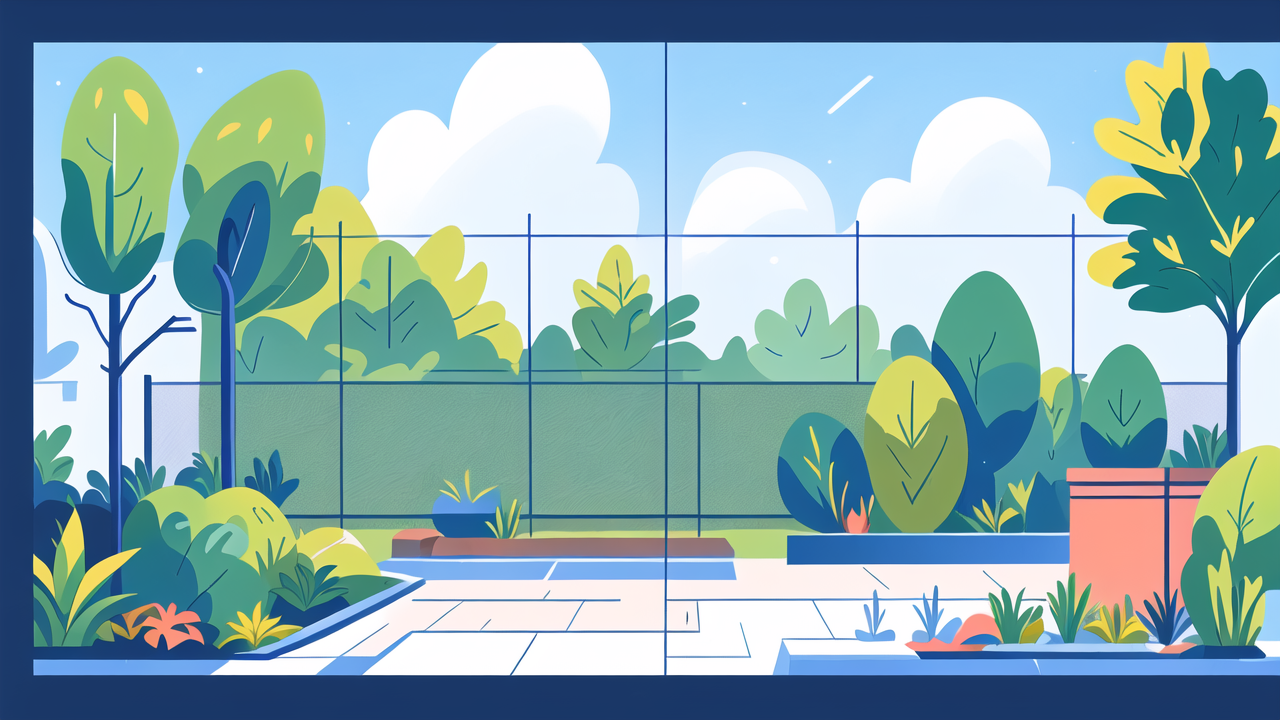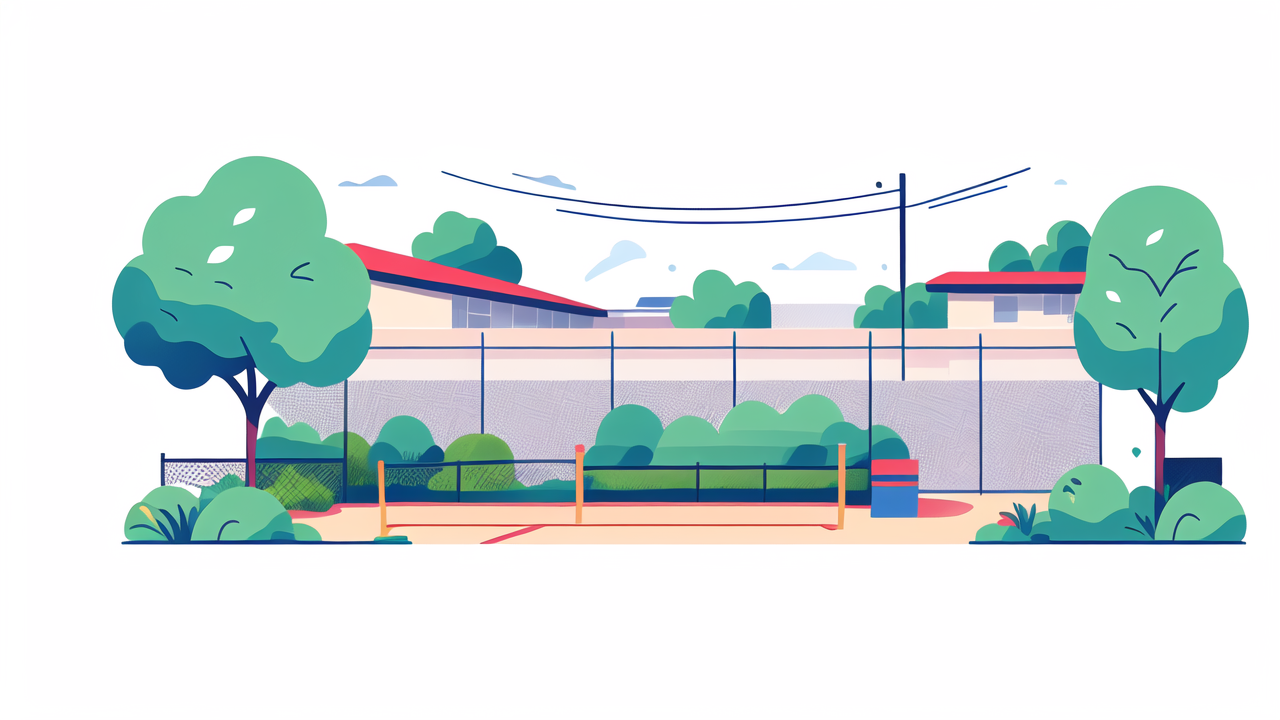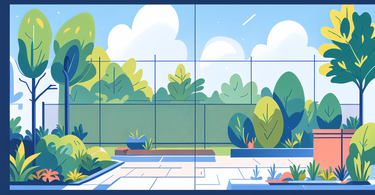Introduction to Garden Fencing
Why Garden Fences are Necessary
Garden fences are more than just boundaries. They offer privacy, security, and aesthetic appeal to your outdoor space. A well-chosen fence can keep pets safe and deter unwanted visitors. It can also create a cozy atmosphere for relaxation and entertaining.

Fences protect your plants from wildlife and strong winds. They can serve as supports for climbing plants, adding beauty to your garden. A good fence can increase your property value and curb appeal. It defines your space and creates a sense of order in your outdoor area.
Key Factors to Consider When Selecting a Fence
When choosing a garden fence, several factors come into play. Consider the primary purpose of your fence. Is it for privacy, security, or decoration? This will guide your choice of height and style.
Think about your local climate and weather conditions. Some materials fare better in certain environments. Budget is another crucial factor. Consider both initial costs and long-term maintenance expenses.
Aesthetics matter too. Your fence should complement your home and garden style. Don't forget about durability and lifespan. A good fence should last for years with proper care.
Comparing Composite and Traditional Fencing
The Benefits of Composite Fencing
Composite fencing offers several advantages for garden use. It's made from a mix of wood fibers and plastic, making it highly durable. This material resists rot, insects, and weathering better than wood.

Composite fences require little maintenance. They don't need painting or staining. A simple wash now and then keeps them looking new. These fences come in various colors and styles, mimicking wood grain.
They're eco-friendly, often made from recycled materials. Composite fences are consistent in quality and appearance. They don't warp or splinter like wood can. This makes them safer for families with children and pets.
The Advantages of Traditional Fencing
Traditional fencing, typically wood or metal, has its own set of benefits. Wood fences offer a classic, natural look that many homeowners prefer. They can be painted or stained to match any color scheme.
Metal fences, like wrought iron, provide durability and elegance. They're excellent for security and can last for decades with proper care. Wood fences are often more affordable upfront than composite options.
Traditional fences can be easily repaired or replaced in sections. They offer more customization options in terms of design and style. Many people appreciate the authentic look and feel of natural materials.
Cost and Durability Comparison
When comparing costs, traditional wood fencing is often cheaper initially. However, composite fencing can be more cost-effective in the long run. It requires less maintenance and lasts longer.
Composite fences typically last 20-30 years or more. Wood fences may need replacement after 10-15 years, depending on care. Metal fences can last even longer but may require periodic painting.
While composite fences have a higher upfront cost, they save money on maintenance. You won't need to buy paint, stain, or sealants. Consider your budget and long-term plans when choosing between these options.
Best Practices for Garden Fence Installation in the United States
Understanding Local Regulations and Standards
Before installing a garden fence, check local regulations. Many areas have specific rules about fence height and placement. Some neighborhoods have restrictions on fence materials or styles.

Contact your local building department for information. You may need a permit for certain types of fences. Be aware of property lines to avoid disputes with neighbors.
Consider utility lines when planning your fence. Call your local utility company to mark underground lines. This prevents accidents during installation. Following local rules ensures your fence is legal and safe.
Professional Installation Tips
While DIY installation is possible, professional help ensures a quality result. Professionals have the right tools and experience for proper installation. They can handle challenges like uneven terrain.
Proper post installation is crucial for fence stability. Posts should be set deep enough and secured with concrete. Spacing between posts should be consistent for a uniform look.
Professionals can ensure your fence is level and plumb. They know how to handle gates for smooth operation. Expert installation can extend the life of your fence and improve its appearance.
Maintenance and Upkeep for Long-Term Garden Fence Health
Regular maintenance is key to fence longevity, regardless of material. For wood fences, apply sealant or stain every few years. This protects against moisture and UV damage.
Composite fences need occasional cleaning with soap and water. Metal fences may require rust prevention treatments. Inspect your fence annually for any damage or loose parts.
Trim plants near the fence to prevent moisture buildup. Fix any issues promptly to prevent further damage. With proper care, your garden fence can remain beautiful and functional for years to come.
